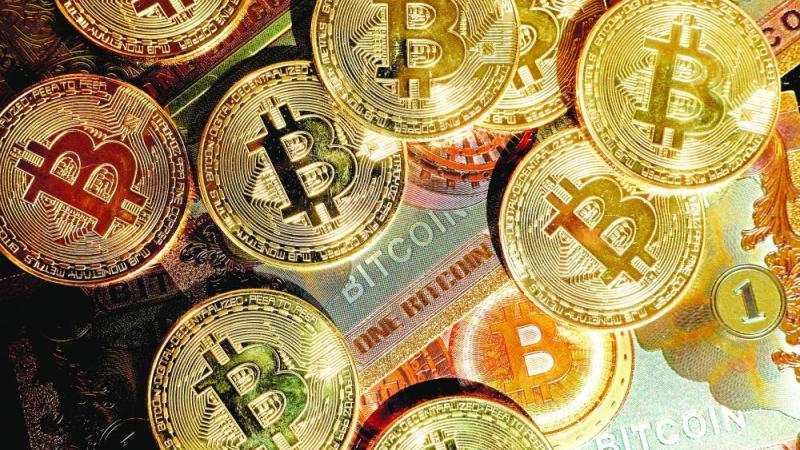Ethereum Approaches Its Historical Peak with Major Jumps in the Crypto Market Following Powell's Signals

Cryptocurrency markets surged strongly on Friday, August 22, recording significant gains led by Ethereum, which approached its all-time high, following Federal Reserve Chairman Jerome Powell's speech hinting at a potential shift in the U.S. central bank's monetary policy.
Ethereum led the sector's gains with a rocket-like jump of about 15%, reaching trades near $4873, in an attempt to surpass its record level set in 2021 at $4868.01, after suffering a previous decline this week that reached $4000. It was not the only leading currency to show strong performance, as Bitcoin jumped over 4% to hover near $117,000, while Solana rose about 8.92% to $196.57.
This explosive upward wave came as a direct reaction to Federal Reserve Chairman Jerome Powell's speech at the Jackson Hole seminar. Despite the cautious tone of the speech, Powell's signals of a potential change in course ignited investor optimism. Powell stated in this regard: "With monetary policy remaining in a restrictive range, the baseline outlook and changes in the balance of risks may warrant a modification of our monetary policy stance."
The central bank's chairman also pointed to a shift in the "balance of risks" between the bank's dual objectives, also mentioning "fundamental changes" in tax, trade, and immigration policies as factors influencing the economic landscape.
Following these statements, markets boosted their expectations for monetary easing, with the CME FedWatch tool now showing a 75% expectation for a quarter-point interest rate cut at the upcoming September meeting.
The positive impact of any U.S. monetary easing is expected to extend beyond crypto markets to emerging economies, as the decline in the dollar's strength alleviates pressures on their local currencies and reduces the cost of servicing dollar-denominated debts. Countries like Turkey and Egypt could benefit from increased short-term capital flows and improved investor appetite for high-yield assets.
However, analysts warn that risks remain if the global economy slows sharply, which could weaken demand for these countries' exports despite benefiting from a more flexible U.S. monetary policy.